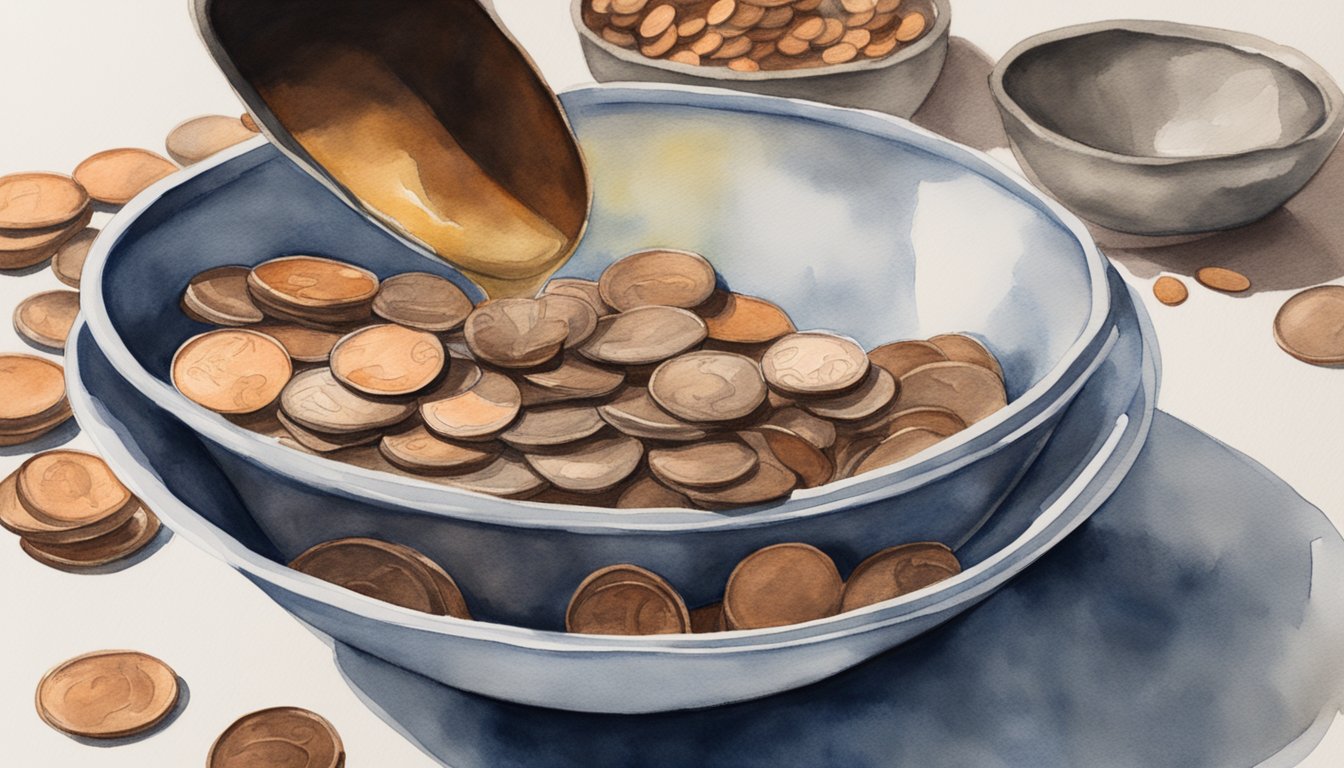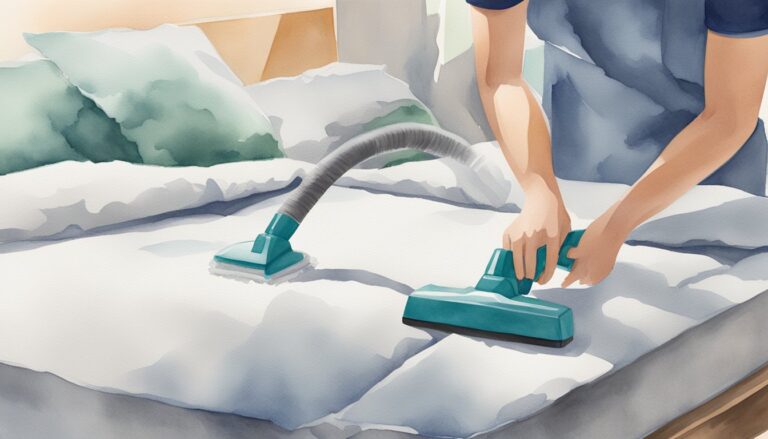Call us: (631) 270 9692
Cleaning pennies can reveal their original shine and detail, making coin collections more enjoyable and valuable. Over time, exposure to air and moisture causes pennies to tarnish. This tarnishing is especially noticeable on copper pennies. Using simple household items, we can clean coins effectively without damaging them.
One of the easiest methods involves using vinegar and salt. The chemical reaction between vinegar’s acidity and salt’s abrasiveness removes tarnish, restoring pennies to their former glory. Alternatively, we can use lemon juice, which has a similar effect. These methods are gentle and safe for most coins.
Other options include using a pencil eraser or even ketchup. These might sound unconventional, but they work well to clean pennies. If you prefer soapy water, make sure to dry the coins thoroughly to prevent further tarnishing. By taking these steps, we maintain the value and appearance of our precious collections.
Understanding Penny Composition
Understanding the composition of pennies helps us better clean them without causing damage. This is crucial for both valuable and collectible coins, as well as older coins that can tarnish over time.
Factors Leading to Tarnish
Pennies are primarily made of copper, which reacts with air, moisture, and other substances to form copper oxide. This reaction is what causes the tarnish that we often see on old coins.
In the 20th century, the composition of pennies changed several times. For example, from 1962 to 1982, pennies were composed of 95% copper and 5% zinc. It’s important to understand these materials because specific cleaning methods may be more suitable depending on the penny’s composition.
Bacteria and handling by numerous individuals over time can also contribute to grime and tarnish. These factors make it essential to clean our pennies carefully, preserving their value and appearance.
Materials and Methods for Penny Cleaning
To clean pennies safely and effectively, we can use either natural cleaning agents or chemical cleaners and tools. Each method has its specific materials and steps to follow to achieve the best results.
Natural Cleaning Agents
Vinegar and Salt: Mix equal parts vinegar and salt in a bowl. Soak the pennies for about five minutes. The vinegar breaks down grime while the salt acts as a gentle abrasive. After soaking, rinse the pennies with warm water and pat them dry with a soft cloth.
Lemon Juice and Salt: Similar to vinegar, lemon juice is acidic and can effectively clean pennies. Combine lemon juice with a pinch of salt and soak the pennies for a few minutes. Rinse with warm water and dry.
Baking Soda Paste: Mix baking soda with a small amount of water to create a paste. Use a soft toothbrush to apply the paste to the penny and gently scrub. Baking soda is slightly abrasive and helps remove tarnish.
Ketchup: Submerge the pennies in ketchup for about five minutes. The acidity of the ketchup breaks down the tarnish. Rinse thoroughly with water to remove any residue.
Chemical Cleaners and Tools
Hydrogen Peroxide: Soak the pennies in hydrogen peroxide for a minute. This solution can help remove stubborn dirt. Be sure to rinse the pennies well after soaking and dry them with a soft cloth.
Acetone: Place the pennies in a bowl of acetone, letting them sit for a short period. Acetone can dissolve organic residue. Ensure proper ventilation and avoid prolonged exposure.
Soapy Water: Mix warm water with a few drops of mild dish soap. Allow the pennies to soak for about 10 minutes. Use a soft toothbrush to gently scrub any remaining dirt. Rinse with clean water and pat dry.
Soft Toothbrush: Regardless of the cleaning method, a soft toothbrush is valuable for gently scrubbing the surface without causing scratches. Always handle the pennies carefully to avoid damage.
When choosing between these methods, consider the materials you have available and the condition of your pennies. Each method offers a different approach to achieve clean, shiny pennies.
Cleaning Procedure

Cleaning pennies involves preparing a cleaning solution, submerging and scrubbing the coins, and then thoroughly rinsing and drying them before storage. This ensures that the pennies are not only clean but also free from any potential damage.
Preparing the Solution
First, gather the necessary materials. We need a bowl, warm, soapy water, and a few drops of mild dish soap. Fill the bowl with warm water and add the dish soap, mixing it gently to create a sudsy solution. This mild solution is effective in loosening dirt and grime from the pennies without causing damage.
In some cases, using distilled water is recommended to avoid any impurities from tap water, which can leave residue on the coins. Ensure the water is not too hot, as extreme temperatures might affect the metal. Once the solution is ready, we can proceed to the next step.
Submerging and Scrubbing the Pennies
Place the pennies into the soapy solution. Let them soak for about 10-15 minutes to allow the soap to loosen any grime or dirt. For tougher stains or oxidation, gently scrub the pennies with a soft toothbrush.
If some dirt remains after initial scrubbing, use a toothpick or cotton swab to reach into crevices and remove grime. It’s important to be gentle during this step to avoid scratching the penny’s surface. Jot down any observations, such as whether certain methods work better for different levels of dirt.
Rinsing, Drying, and Storage
After scrubbing, it’s crucial to rinse each penny thoroughly with clean, distilled water. This helps remove any leftover soap, which could otherwise leave a sticky residue. Hold each penny under running water and rub gently to ensure it’s fully rinsed.
Once rinsed, pat the pennies dry with a soft cloth. It’s important to dry them completely to prevent water spots or corrosion. Store the clean, dry pennies in a cool, dry place, ideally in coin holders or bags to keep them safe from the environment. Proper storage helps maintain their cleanliness and prevents re-oxidation.





